Historicon 2019 Live Blog - Part One!
2008 Battle of Sadr City
I was very fortunate to attend the seminar presented by Colonels Mike Pappal (ret) and Bob Hatcher (ret) where they discussed their command experiences, insights, methodologies, and tactics during the Battle and Siege of Sadr City in Iraq during the spring and early summer of 2008. These gentlemen aren’t just “I was there and have some war stories to tell” veterans, but two of the actual commanders who planned and executed full spectrum combat operations at the battalion level.
Colonel Hatcher (Commander, 64th Brigade Support Battalion) had key insights into his formation’s role in forward battlefield support of their parent brigade. These force support functions included recovery of armoured vehicles damaged by enemy fire, engineering / logistics ops while under fire (these aren’t “supply poags” who sit in the rear), and building a wall along “hot spot” sections of Sadr City and to seal off enemy neighbourhoods … while under direct enemy sniper and RPG attack. He also discussed the critical importance of live fire training, “training for your worst day,” particularly at the National Training Center (NTC) at Fort Irwin, California.
Colonel Pappal (Commander, 1-68 Armour Battalion) discussed force makeup down to the platoon level (use of Abrams, Bradley, HMMVW, and other vehicles within the same mission-tailored manoeuvre element). The factors that have to be balanced in the use of support weapons (combat aviation support, indirect fire weapons like battalion 120mm mortars) was discussed, as well as the use of canister and proximity-fused main rounds in from Abrams main battle tanks in insurgency suppression.
I was also able to get some time with Colonel Pappal afterwards and ask about his observations and opinions of the combat effectiveness of various Iraqi government forces that fought alongside his unit, namely 44th Brigade / 11th Infantry Division and the 9th Iraqi Armoured Division. This leads into a question I’ve been interested in pursuing on the Sitrep Podcast Channel: how First World / Free World forces can best transition responsibility of ongoing combat and pacification operations in a given conflict to friendly local forces. Sometimes this has not worked at all, as in Vietnamization in the 1960s and 70s, and sometimes we’ve had “hot and cold” success in places like Iraq (where some units performed well, others very poorly).
Summary answer: the officers in command of unit forces is a vital factor, not only their competence, experience, and training, but personal loyalty and corruptibility. Speaking only for myself, I feel this is the kind of insight that would apply not only in Iraq, but Afghanistan, and ongoing conflicts in Syria, Ukraine, and the Caucasus.































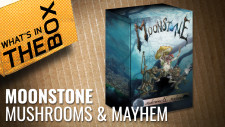
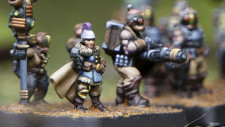






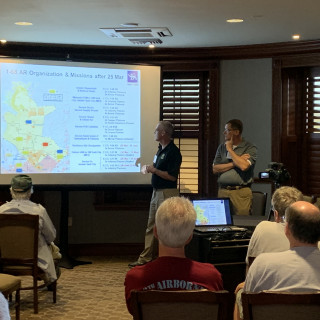
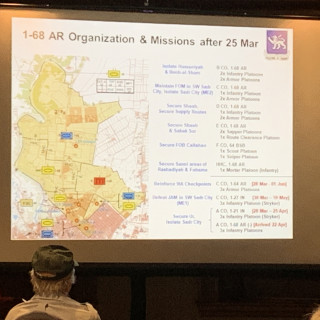


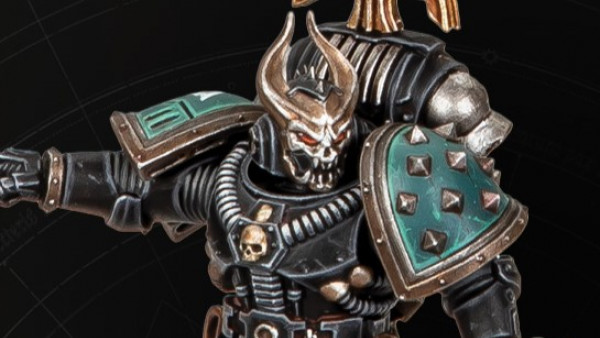
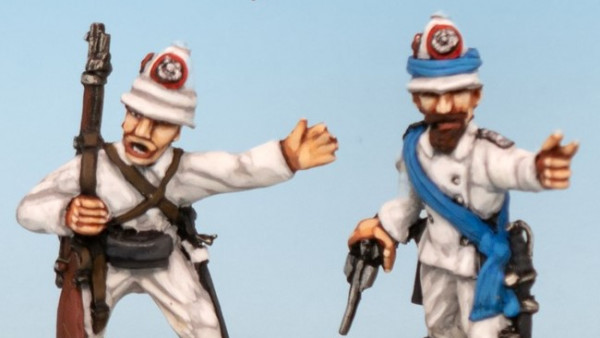



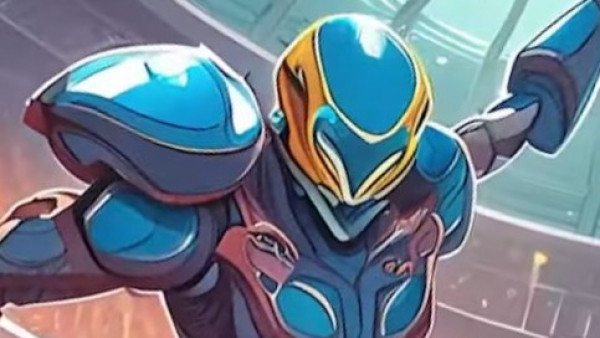
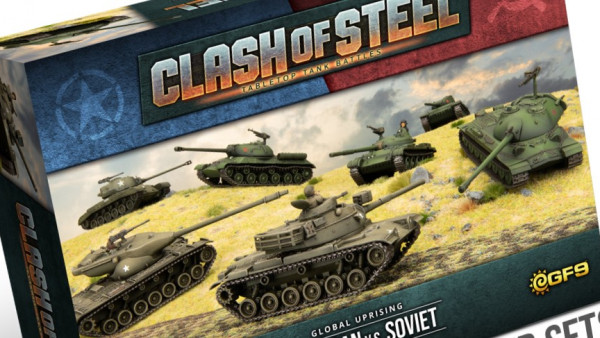
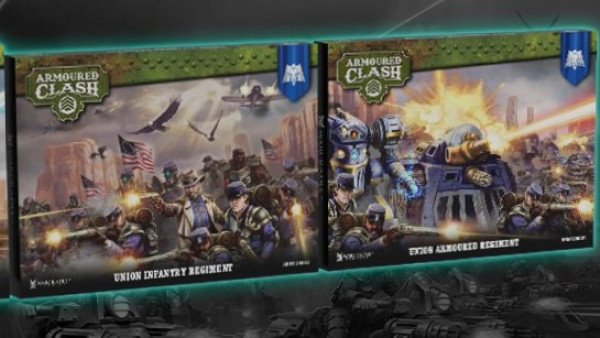
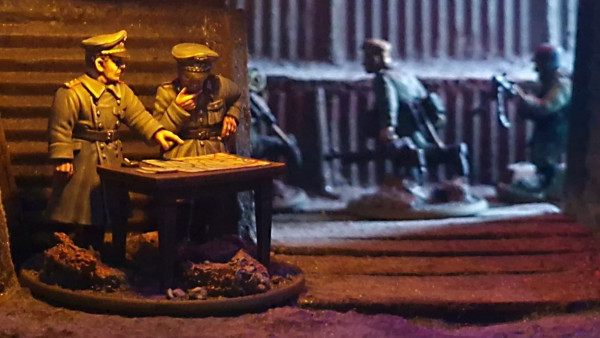

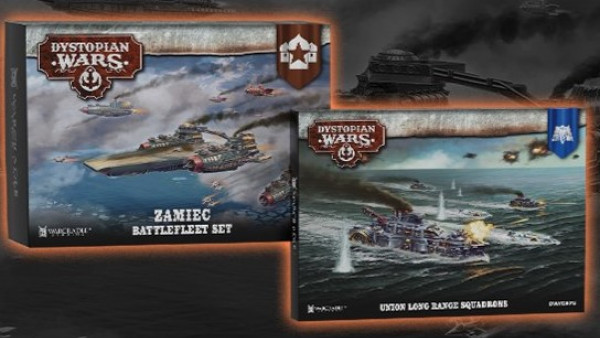
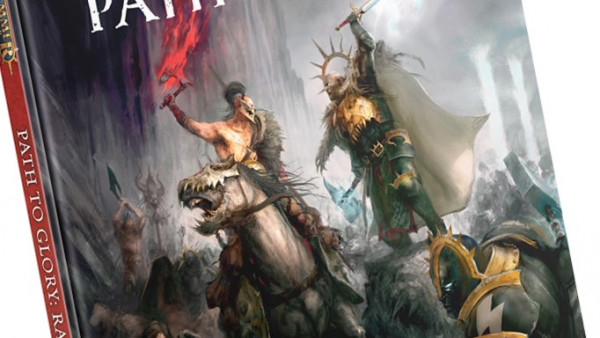
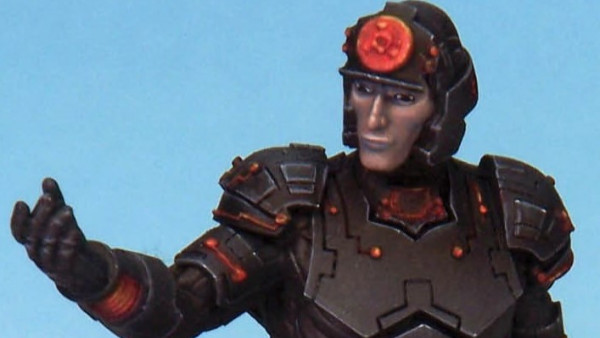
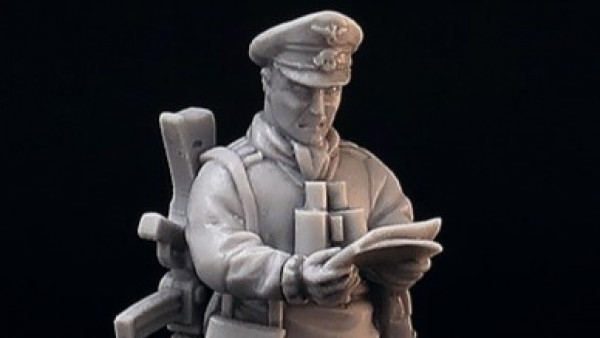
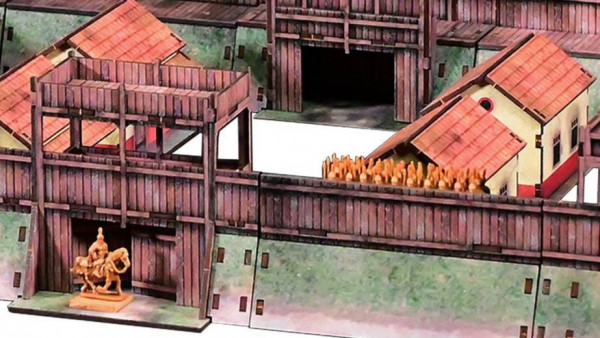
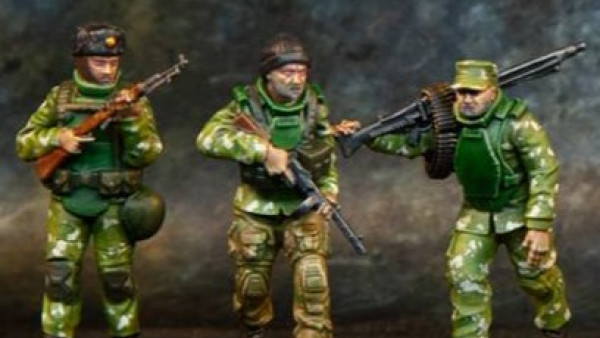

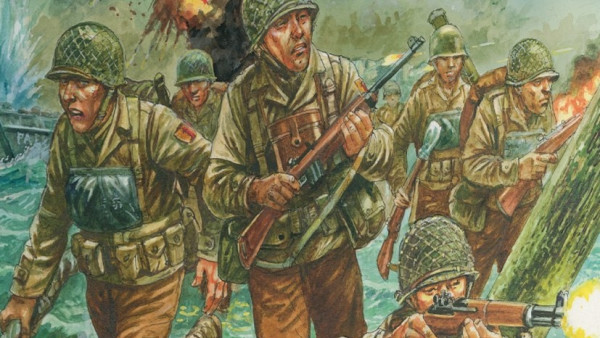
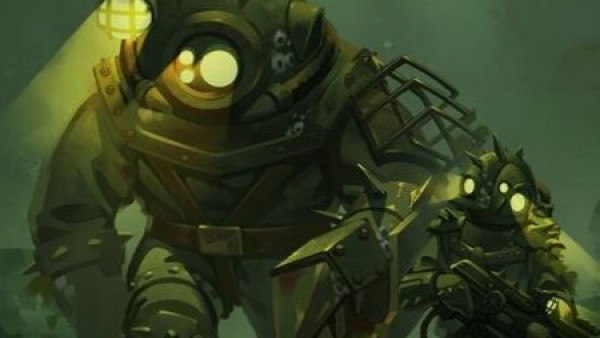

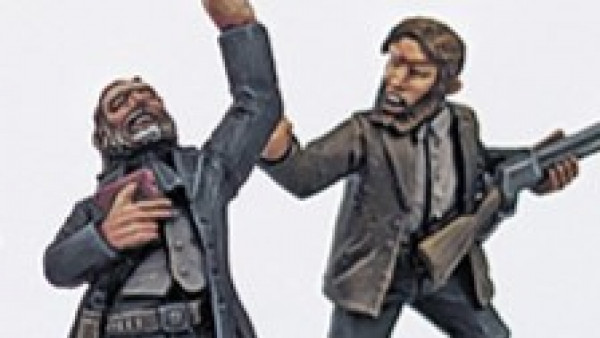
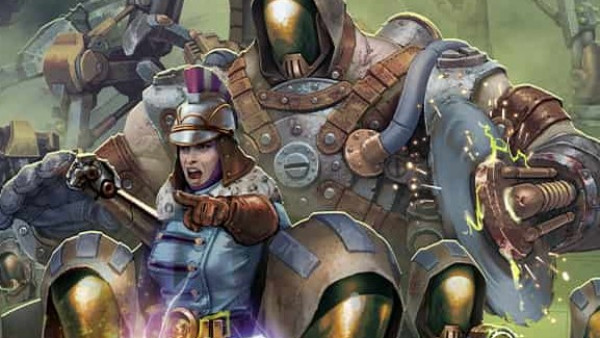
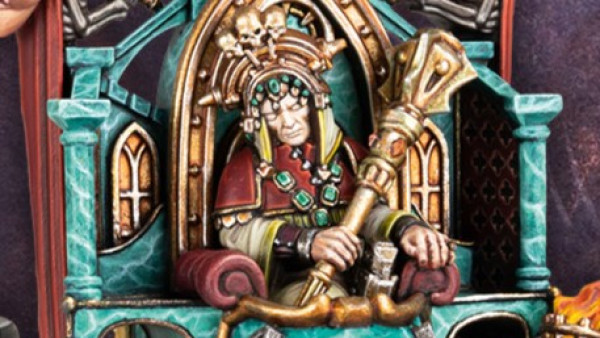
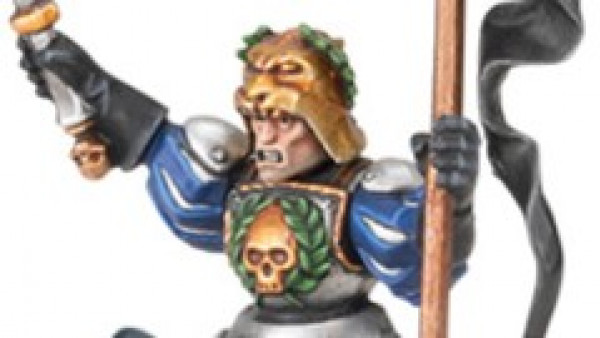
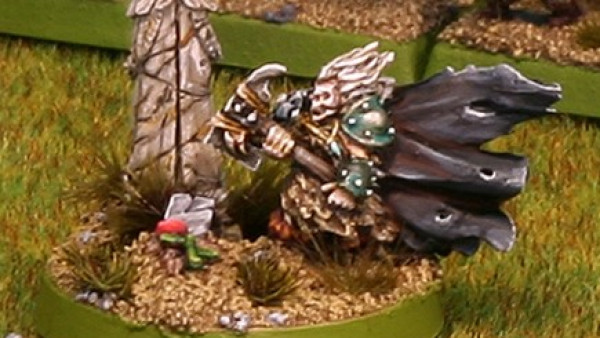
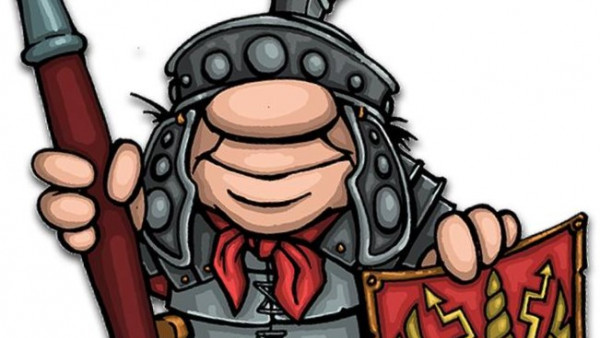
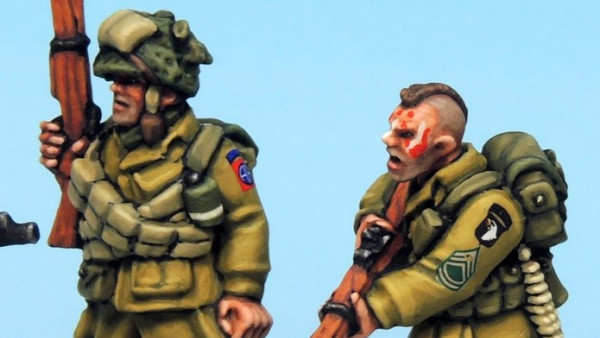
Man, I bet that was interesting to listen to.
Absolutely. I won’t lie, I was a *little* intimidated to approach after the lecture (as a former junior NCO, combat-command colonels used to be akin to gods-on-earth to us). But they were very friendly, approachable, and of course professional.
Now that would have been Top of my list of things not to miss.
Same! Truly an unique opportunity!
@brucelea – absolutely. In fact, I should really thank @dignity and @avernos , I literally bailed on them to attend this seminar and write this mini-article afterwards (you’ll notice Oriskany more or less vanishes from the midday live blog for a while). We were *thinking* of asking for a full interview, but I thought better of the idea. These men were only in for the day and this is NOT the kind of interview where you ask: “How was your flight? How d’ya like the con so far?” And honestly all my relevant, non-obvious questions I asked in the lecture… Read more »
@lupa15 – There was at least one other BOW member in there as well … 😀 There are a few of us at this con.
I would have pushed that to the top of my list!
It was the ONLY item on my list, at least as far as the seminars went.
wow … to have these people speak at a mere ‘gaming event’ is awesome on so many levels.
All the high tech gear can’t remove the need for actual humans :
– who know what they’re doing
– who have the support to do what is needed
– who manage to do so without needlessly antangonizing the civilians and friendly/allied units
I would agree about the civilians. Some of the “allied” units needed to be “antagonized” a little, as they were not only cowardly but straight out disloyal (deals made, checkpoints just given to the enemy, etc). Other stood up and performed well, however.
Considering this was an invasion … it isn’t *that* odd to encounter people who are ‘disloyal’ and ‘cowardly’. You are taking away what little power/control they had so they will do whatever they can to oppose your intentions. This is the bit in conflicts that always has two sides, because the situation is rarely as black&white and simple. It’s why we refer to certain groups as either ‘freedom fighters’ or ‘terrorists’ depending on whether they are in favour of ‘our side’ or not. What is a useful asset on your team is a hindrance that needs to be eliminated in… Read more »
Once again this is where you and I are just going to have to politely disagree. The Iraqi Army under Saddam Hussein was destroyed in 2003, what was left surrendered when the government fell. This was the new army that we helped train, equip, completely pay for, and now prop up in combat. They are the legitimate and lawful military subordinate to the new legally established government. Even more fundamentally, these people are SOLDIERS. That ends the discussion right there. When you’re a soldier you take orders from the civilian authority appointed or elected over you, period. I actually have… Read more »
ah sorry. I wasn’t aware that you were talking about the new army/government.
Joining in order to disrupt it is definitely something only scum would do.
However … it’s not like the who lost their former positions of power are suddenly going to agree with anything the ‘new government’ does. Humans aren’t emotionless robots who can just ignore what has gone before. I know it must have taken us more than a few years to adjust to a friendly Germany … such things need a few generations to resolve (we’re only now trying to include Germans in our WW2 rememberance events …).
“Humans aren’t emotionless robots …”
Not sure I understood what you meant by that or what bearing it had on the topic.
People who lost their previous positions (oppressive mass murdering Sunni elitist minority) became Baathist insurgents. They fought AGAINST the new government and the Americans and British.
I think we’re having two different conversations here. I’m talking about the oath and responsibility of the soldier. Kind of tough to talk about without a common frame of reference .
As a interesting what if it would be interesting to listen to how historical commanders in other eras approached their tactics and battles in a similar seminar format.
I would sit in on a seminar given by James Earl Longstreet, Benedict Arnold (although he’d be insufferable), Heinz Guderian (he’d be even worse) …
would have been good to have seen this at the show.
A very engaging conversation. Pretty deep in the military tactics, org structure, and acronyms (the military loves their acronyms). I think they expected that people interested in their talk would be veterans or at least heavily invested in military affairs with a solid ground work on the material.
Wow a chance for Oriskany to be the student instead of the teacher.
Oh, you betcha. This was one time Oriskany shut up like a good boy and listened. Well, mostly. I asked questions throughout the seminar (it was a small group, about 25 of us). But I sure as hell didn’t try to “tell” them anything.
Did you supply eather of them when you were on tour serves Jim?
Oh good God, no. One, I was Marine, they were Army. Two, I am waaaaaaay too old to be in their conflict. I was in during the FIRST Gulf War in 1991.
I’ve EARNED all that gray in my beard! 🙂
What a great seminar!!
It was beyond insightful. For three reasons, especially at a historical gaming convention:
1) In historical gaming, its never “just a game.” Someone somewhere had to do it at “1:1 scale.”
2) No wargame system can ever approach the true complexities of the reality.
3) For these people, “realism” and “immersion” was never an issue.
🙂
Really interesting to see guys like this share their insight and be wanting to help us understand all of the dimensions to a modern battlefield.
Absolutely. Logistics, engineering, civil relations, the works.
I always like to attend some of the seminars at these cons. Great information and very interesting to say the least.
I won’t lie, there were a few we avoided. And most we just didn’t have time for, early. But wild horses could drag me away from this one.
Wow. Now that is quite the talk. Not only primary sources but the guys making the decisions. Again wow!
Definitely one of the highlights for my week at Historicon.